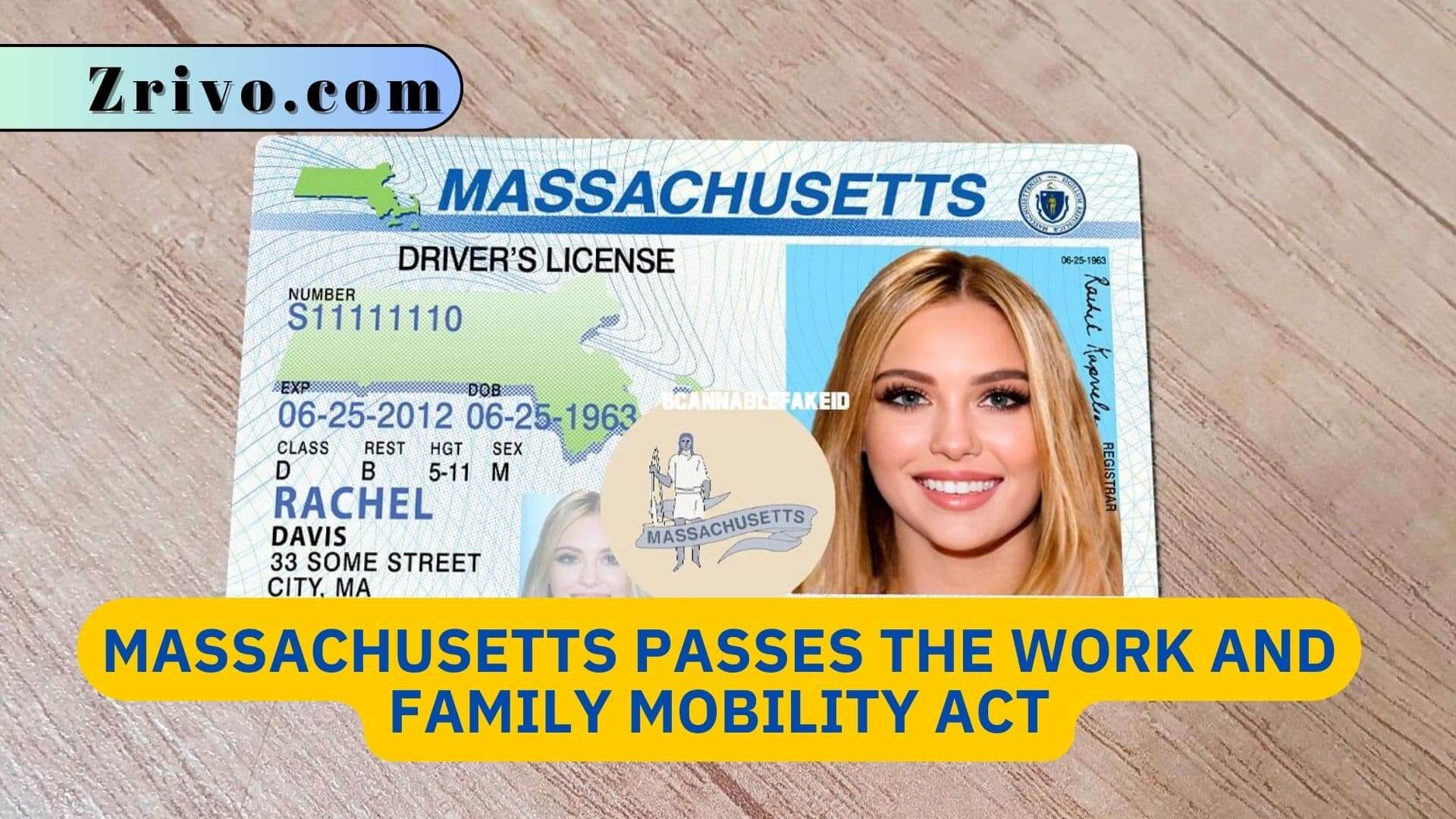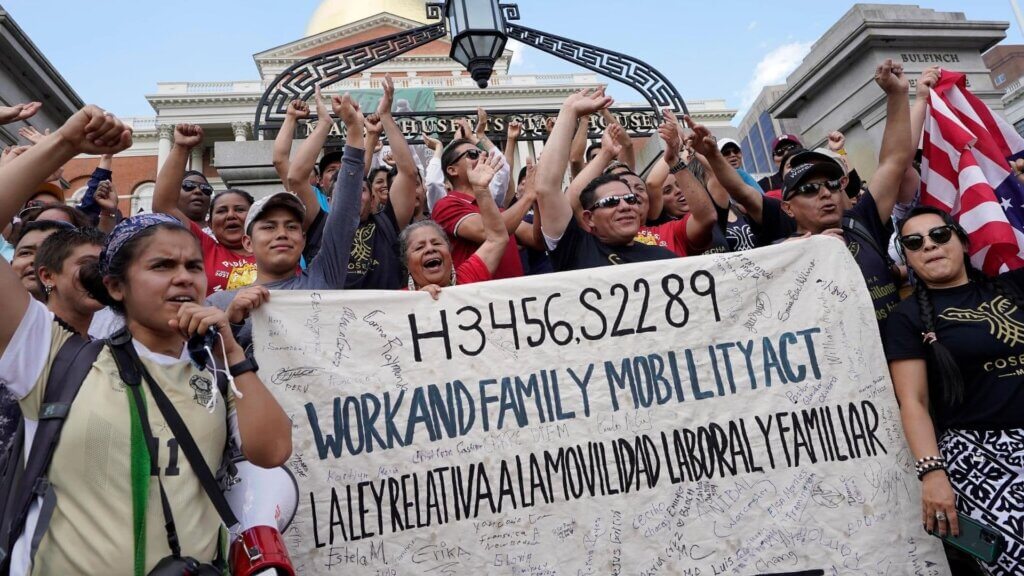
For years, immigrants in Massachusetts who do not have legal status have been unable to obtain a driver’s license. This serious restriction prevents individuals from getting to their jobs, taking children to school, going to the grocery store or doctor’s appointment, and all activities requiring car access. A new law that went into effect on July 1, 2023, known as Work and Family Mobility Act, will allow individuals without status to apply for a standard Massachusetts drivers’ license. This law, which is part of the Driving Families Forward coalition — a broad-based, 270+ organization coalition that includes social justice and immigrant rights advocates and labor and business partners — has been lauded by many organizations across the state and by voters who approved it in November 2022.
This new law joins 16 states and the District of Columbia that already allow undocumented people to apply for licenses. To qualify, individuals will need to provide the Registry of Motor Vehicles with proof of identity, date of birth, and Massachusetts residency, along with documentation that they are a U.S. citizen or legal permanent resident, such as a valid passport, naturalization certificate, United States military ID card, consular ID card, original birth certificate, and proof of social security number.

How Does Massachusetts Work and Family Mobility Act Work?
Implementing WFMA allows Massachusetts residents to drive legally, empowering them to commute to work and school, fulfill family obligations, and live a more fulfilling life. This initiative also fosters inclusivity and contributes to road safety by encouraging drivers to learn and follow traffic laws. Licensed drivers are more likely to obtain insurance coverage and undergo driver’s education, creating safer roads for everyone.
The Registry of Motor Vehicles (RMV) is preparing for a significant influx of new applicants in July, thanks to the Work and Family Mobility Act, which allows eligible residents, regardless of immigration status, to apply for standard licenses. In order to meet the expected demand, RMV will double staffing at vendor-operated call centers and expand customer service hours. In addition, RMV will increase the number of staffers in test sites and offer additional road tests on weekends.
The decision to implement Work and Family Mobility Act was the result of the tireless efforts of community organizations, labor unions, advocates, and elected officials. It is a testament to the power of collaboration and the power of people. But just four days after the law passed through the State Legislature this June, a group launched a campaign to repeal it through a ballot question in November. This would be a huge setback to the work that survivors, law enforcement, labor and immigrant rights groups, and many others have done to ensure people without status can get around safely.